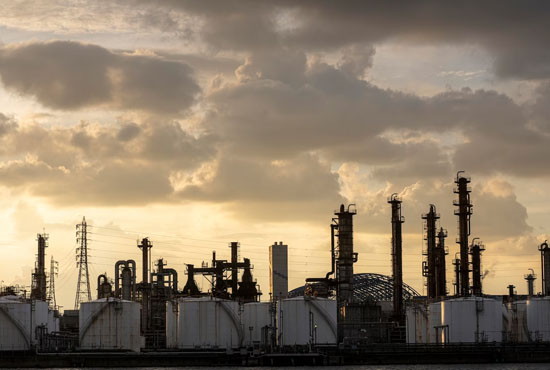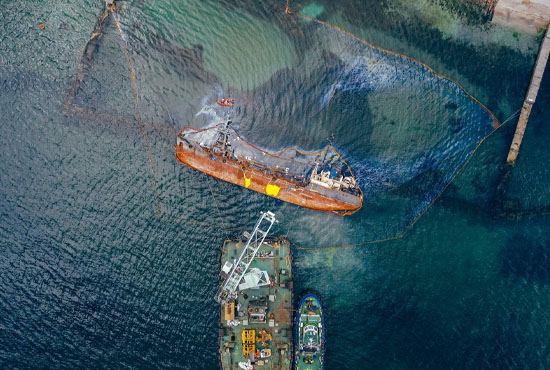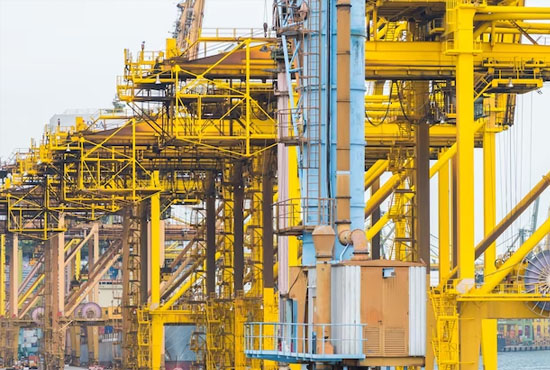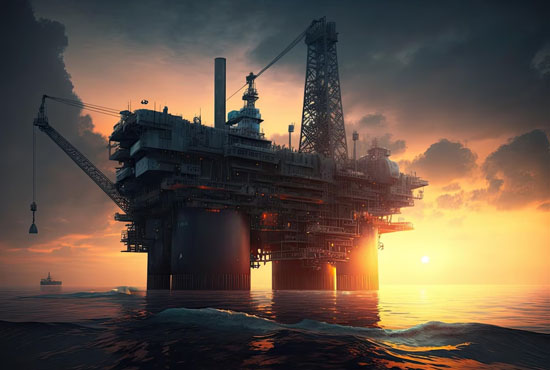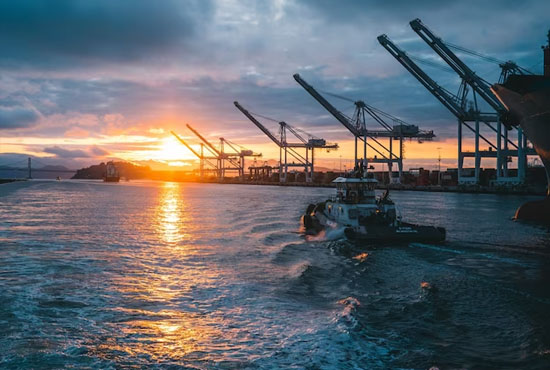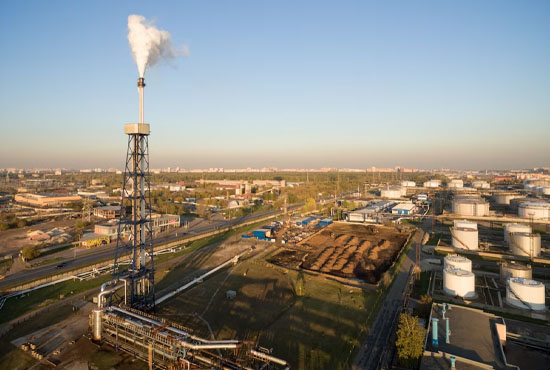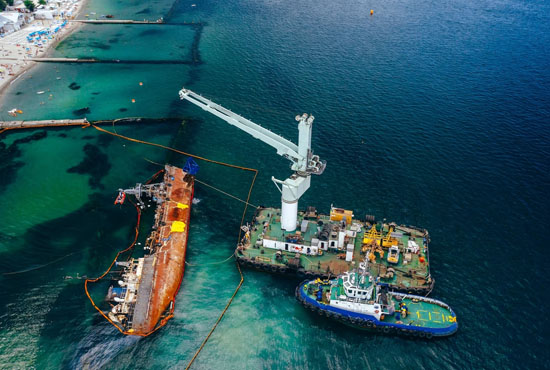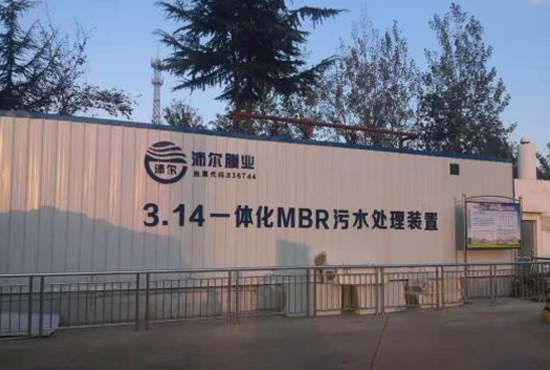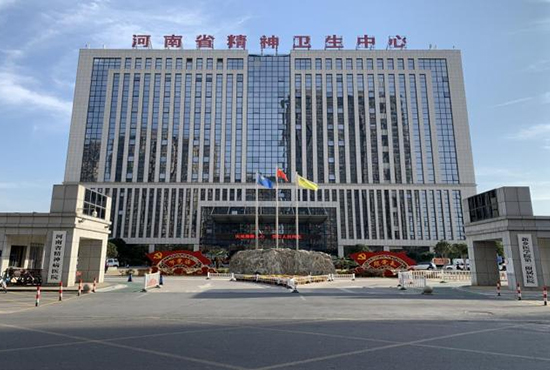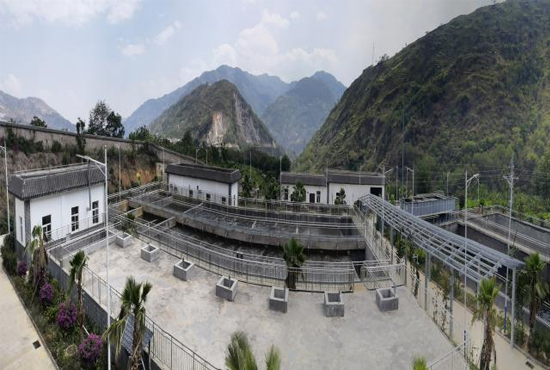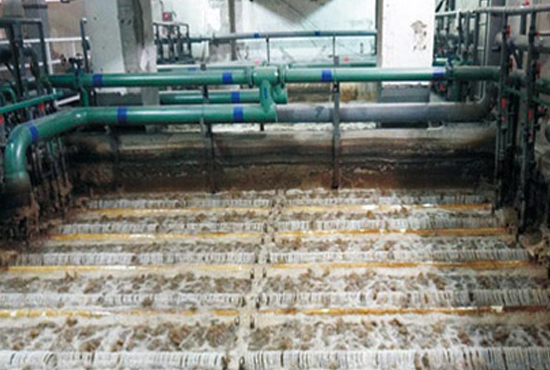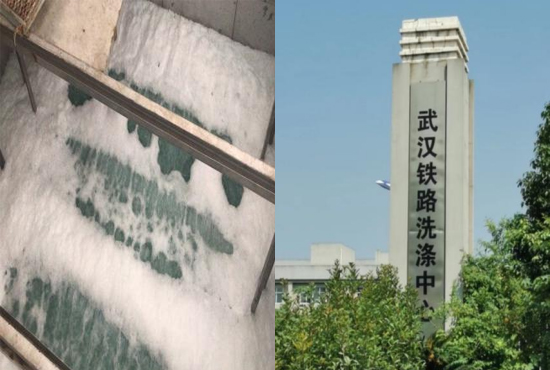Oil & gas waste water treatment
The oil and gas industry has a profound influence on the world, powering our societies and economies. It fuels transportation, electricity generation, and is the backbone of various industrial processes. Moreover, petroleum products serve as raw materials in everyday items like plastics, fertilizers, and chemicals. However effective treatment of oil-laden, saline, and chemically complex wastewater presents significant challenges for the oil and gas industry.
Wastewater treatment in the oil and gas sector is a daunting task due to the unique nature of the contaminants, including hydrocarbons, heavy metals, radionuclides, and high salinity. Additionally, fluctuations in wastewater volume and composition, coupled with increasingly strict environmental regulations, create further complexities.

